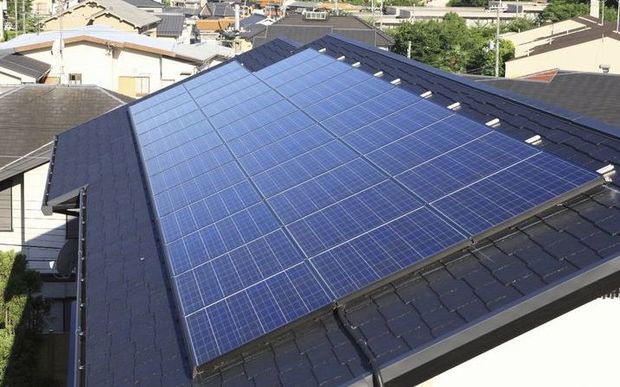Interested in generating your own electricity? Solar panels (also known as photovoltaic panels) installed on Kiwis’ homes are quickly proving a popular way to accomplish this goal!
How to Install Solar Panels on Your Home
Like most decisions in life, it pays to do your homework first before making a big decision! The same logic applies to installing solar panels on your home.
Prior to doing so, consider the pros and cons of adding solar panels to your residence. Although you may already know the benefits of having solar panels (with the big one being a decrease/elimination of energy costs), have you considered the disadvantages?
Researching the costs associated with having the solar panels, such as maintenance costs and parts replacement as well as the length of the warranty can help you make an informed decision.
More Information Available Online
As part of your research, check out the solar calculator on the Energy Efficiency and Conservation Authority’s website. By giving your address and electricity usage from a previous bill, you’ll be able to see how much value you could get from installing solar. And all within only 15 minutes online!
Further information is available via Consumer NZ’s website and Sustainable Electricity Association New Zealand’s website.
Your Connection to the Grid When You Have Solar Panels
Even when you generate solar energy, you still remain connected to the grid. A relationship continues with your retailer and lines company as well.
Your retailer can let you know if your electricity meter can measure both the electricity created from the solar panels, as well as the electricity exported to the local network. It’s worth researching buy-back rates of various retailers in your area to learn more about what you can do with your excess electricity.
What to Do with Solar Panel Issues
If you have a complaint with the solar panels on your home, you must first seek a solution via your panel provider. If you’re still not satisfied, either the Commerce Commission or Citizens’ Advice Bureau can assist you.
Other Ways to Save on Energy
Not interesting in installing solar panels, but still want to save on your energy bill? Switchme, New Zealand’s largest non-government funded energy switching site helps Kiwis find better energy deals.
Since 2009, we have offered free, independent advice as well as assisted customers through the confusing process of changing energy providers. Using our free, online comparison calculator, easily see how your current energy provider compares to competitors! Contact us today for more details!


